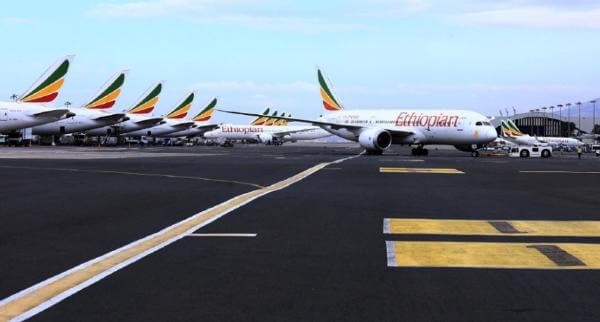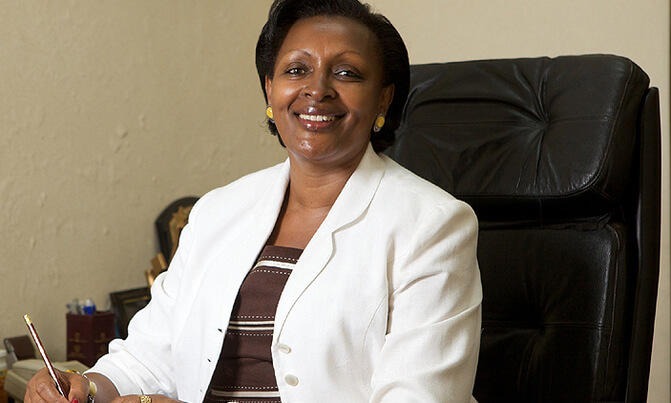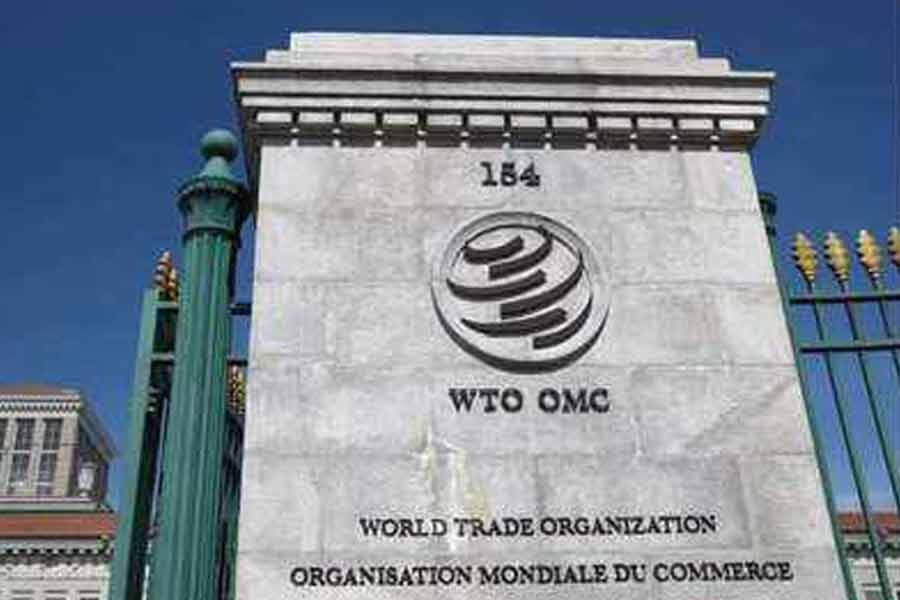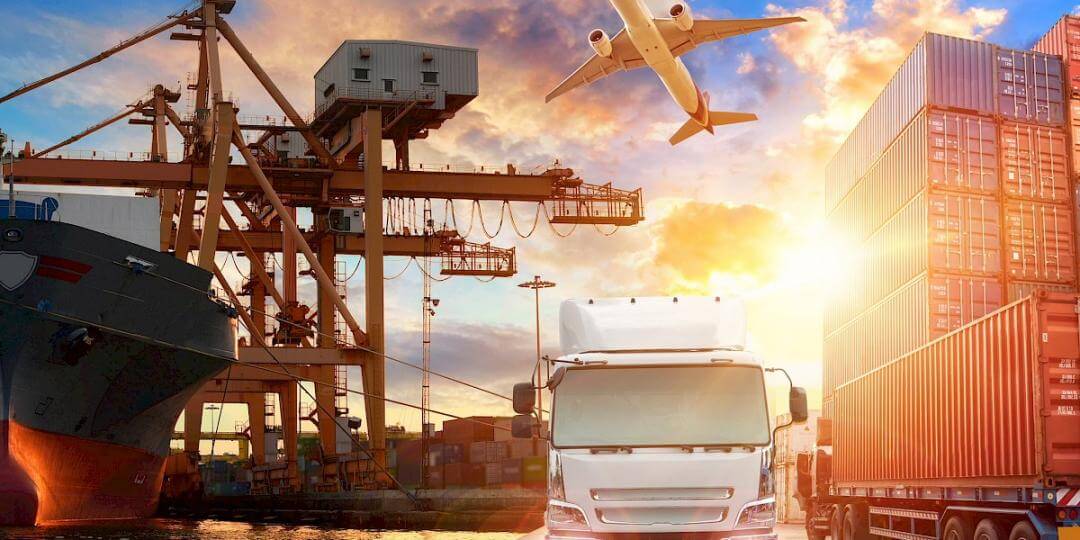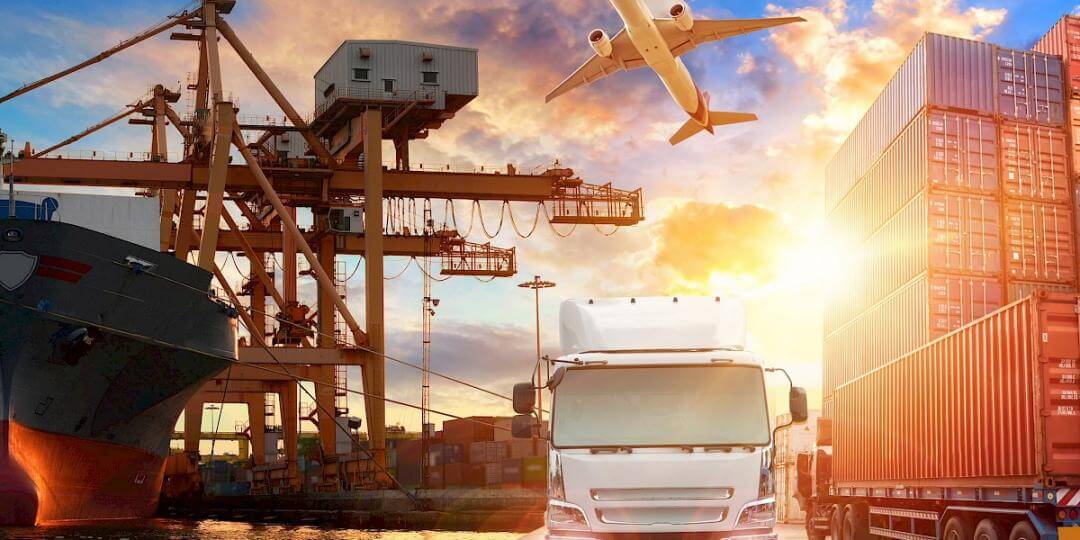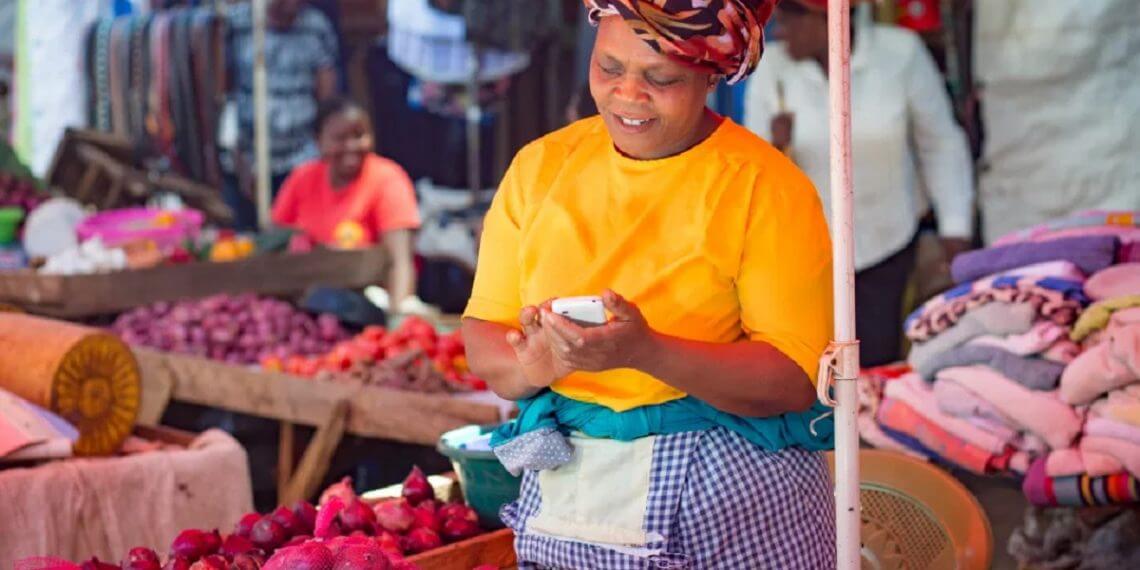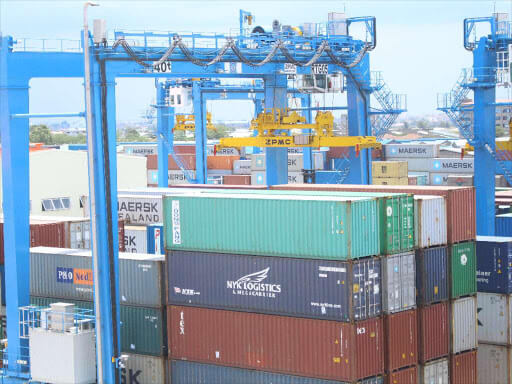Uganda has condemned the continued use of non-tariff barriers by her East African Community neighbors despite several petitions, saying it beats the purpose for which the community was created. Uganda has for long felt that her neighbors, mainly Kenya, Rwanda, and Tanzania keep backtracking when it comes to implementing the free trade treaties that govern the EAC bloc. Recently, sugar exports to Tanzania have been blocked and returned to Uganda, while Kenya has often blocked Uganda’s sugar, poultry, and dairy products. And in all instances, exporters say, there are no proper reasons given The Assistant Commissioner for Regional and Bilateral Division External Trade at the Ministry of Trade, Richard Okot Okello, says there must be renewed efforts to remove all barriers if intra-regional trade is to be revamped. He was speaking at an online regional symposium on the effects of Covid-19 on women’s economic empowerment in East Africa, organized by the Eastern African Sub-Regional Support Initiative, EASSI. Okot-Okello says regional countries have persistently put nationalist and protective measures above the regional mechanisms that were put in place to enhance regional integration. On her part, Dr Juliet Wakaisuka, a lecturer at Makerere University Business School, expressed worry that in all the support and economic recovery programs, the special plight of women is not being given special attention. She calls for affirmative action like helping women entrepreneurs formalize their business, and supporting them to adapt fully to the digital-based environment. The Commercial Attache at the Kenyan Embassy in Uganda Robert Okoth said...
‘Covid 19, non tariff barriers killing regional trade’ – Experts
Posted on: September 9, 2020
Posted on: September 9, 2020



